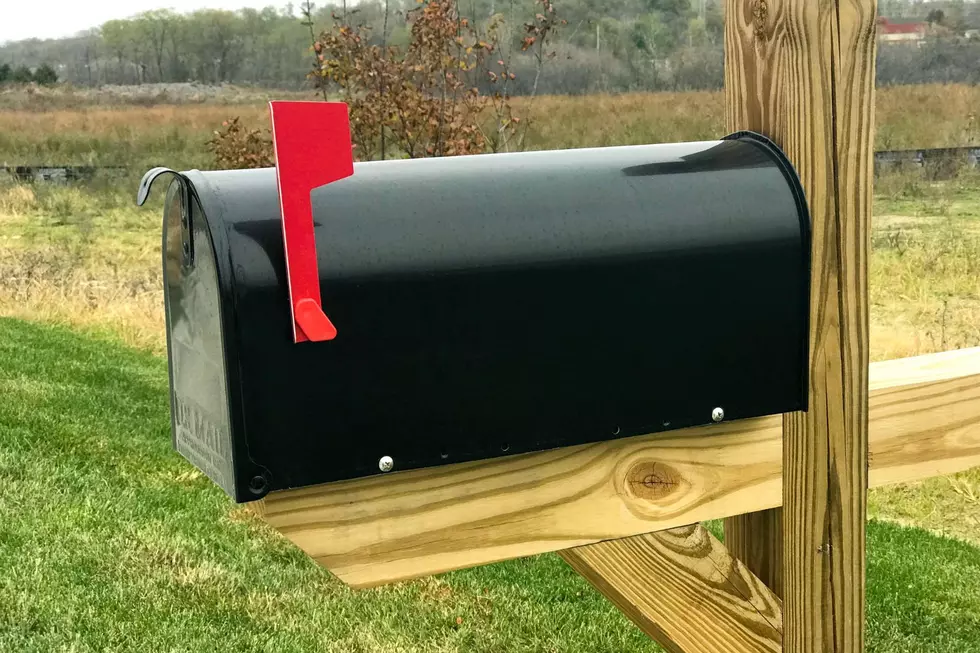
What Should You Do if You Hit a Traffic Sign in Maine?
Let’s say in a moment of distraction, or perhaps due to unforeseen circumstances, you find yourself colliding with a traffic sign in the beautiful state of Maine. What do you do? While accidents happen, it's essential to know what steps to take and the potential consequences involved.
First and foremost, damaging or hitting a STOP sign or any other road sign with your vehicle is considered a single-vehicle accident. According to the law, the responsible party must report the incident to local authorities immediately. Failure to do so can result in further problems with the law down the road. But don't worry, depending on your auto insurance coverage, it may help pay for the replacement costs of the sign.
Now, what should you do if you find yourself in this situation? The first step is to contact the local government agency responsible for the road where the sign is located. If you're unsure whom to reach out to, you can always call the local non-emergency law enforcement number for guidance. In case of injuries or if the sign is vital for road safety, dial 911. The dispatcher will be able to assist you and advise on the next appropriate steps.

As you wait for the authorities, it's a good idea to take photos of the sign, the surrounding area, and your vehicle. These pictures will serve as documentation of the collision. If you don't have access to a phone or cannot get cell service, it’s essential to find the closest place where you can make the necessary calls. When reporting the incident, a law enforcement officer might request that you return to the sign location or visit the police station.
Now, let's talk about the potential fines and legal consequences of hitting a sign in Maine. The severity of the penalties depends on the circumstances surrounding the accident. If distractions or hazardous road conditions played a role, you could face a failure to control violation. However, deliberately ignoring traffic rules and driving recklessly can lead to higher fines, a suspended license, and even jail time.
Leaving the scene without reporting the incident is also against the law. Apparently you can’t just barrel down a STOP sign, throw it in reverse, and skedaddle. You could be charged with a hit-and-run offense, which carries its own set of consequences. Even if there were no injuries, our Pine Tree State can impose significant fines and potential jail time for these misdemeanor offenses. In our state, leaving the scene of an accident is considered a Class E crime, punishable by a maximum penalty fine of up to $1000 and/or a jail sentence of up to 180 days. Furthermore, some states have started programs to track down drivers who flee the scene to recover the cost of public property repairs.
Speaking of costs, you might be wondering how much it would take to replace a road sign. Well, the full cost typically includes the sign itself as well as the labor required for the replacement. On average, STOP signs can range from $25 to $150 each. However, hourly labor costs can increase the total amount to $500 or even more. Additionally, the timing of the replacement plays a role. Local government officials aim to fix damaged signs promptly to prevent future accidents. If the replacement occurs at night, the hourly rate might be higher.
In general, road signs can cost anywhere from a few hundred to several thousand dollars, depending on various factors. For instance, a sign mounted above a highway could cost much, much more. An extreme example comes from Delaware, where one sign replacement cost a whopping $10,000 due to the need for a crane and traffic lane closures.
So, if you ever find yourself in a situation where you hit a traffic sign in Maine, remember to report the incident immediately, document the collision with photographs, and be prepared to face the legal consequences.
Stay safe out there!
See the Must-Drive Roads in Every State
More From









